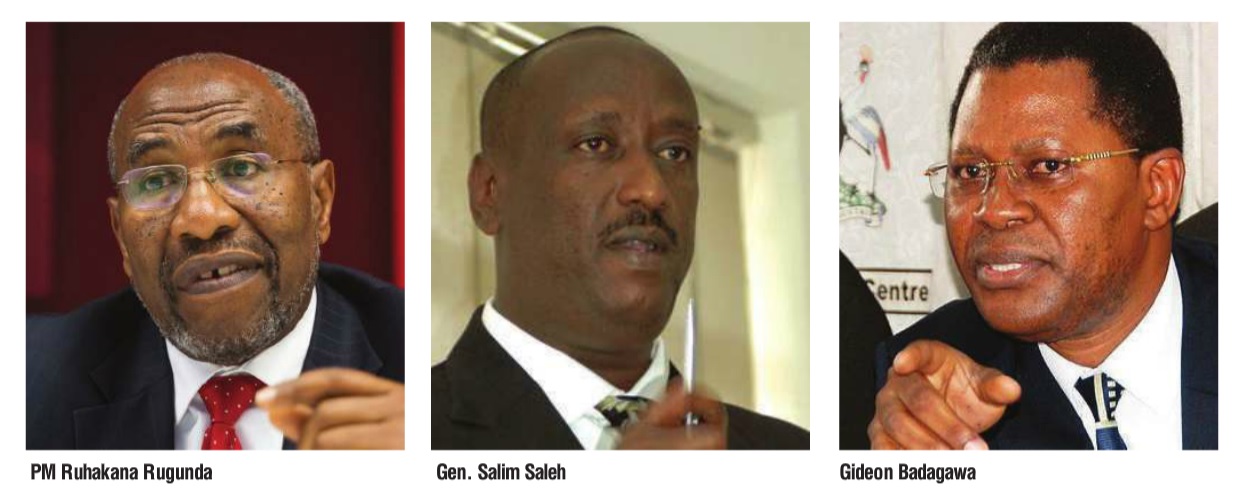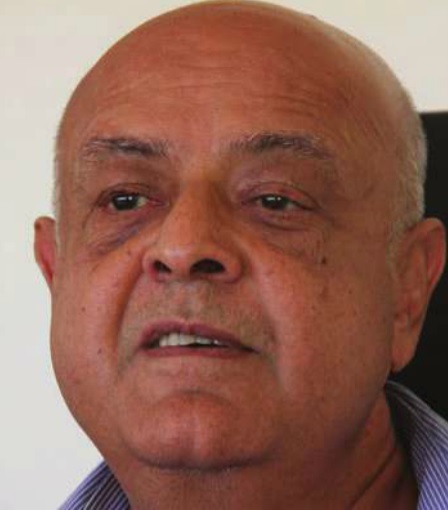
On June 01, Prime Minister Ruhakana Rugunda chaired an inter-ministerial meeting whose main agenda was how to rescue distressed businesses.
Two weeks later, on June 13, Rugunda wrote a brief to President Museveni informing him about the details of the meeting and the plans to save the companies.
Titled `Measures to save distressed local businesses”, the brief lists nine interventions government would take to sort out the companies and by extension the economy.
The measures included; dealing with outstanding payments to the Ugandan traders who supplied goods and services to Southern Sudan, taxation issues including the payment of VAT on investment inputs before production starts or sales are made, commercial banks practices and unfair/ dishonest behavior in disposing off collateral, high interest rates, non-performing loans and payment of domestic arrears, among others.
On June 17, Rugunda also wrote to Kasaija directing him to follow through on the implementation.
“I request you to provide all the key stakeholders with the reassurance that this will indeed be achieved by 31st August 2016,” Rugunda’s brief to Kasaija reads, “Please provide me with the planned action, clearly outlining the tradeoffs that will have to be made by the various MDAs to realise this.”
On dealing with non-performing loans, Rugunda also directed thus: “I request you to facilitate urgent, transparent, bold and deliberate/cautious action on the agreed measures regarding the restructuring of non-performing loans of the distressed businesses. Please note that there is a need (a) to clarify the magnitude of the problem, (b) identify and prioritise the business to target, (c) identify the level of funding required, (d) the potential sources of funding, and (e) an acceptable criteria for the potential bailouts.”
Proponents of the proposals said that government needed to bail out these companies because they are a source of hundreds of thousands of jobs and have been earning government revenues in form of taxes. Others said the risk of the contagion effect as a result of the collapse of these companies might be too high.
Deal goes underground
As plans were being concretised, the secretive nature of the negotiations surrounding the effort to “boost distressed businesses” attracted a lot of backlash from the public. The government was forced to publicly to distance itself from the bailout, which official documents show, was being considered at the highest levels of government. Recent developments, like the Shs47 billion to Bitature, and more to others that remain unnamed, indicate that the rescue effort is far from shelved. The only change possibly is that it has gone further underground.
Publicly now, the government has since denied it ever considered bailing out any private companies.
It is such contradictions that have tended to fuel mistrust and vitriolic criticism from the public.
Critics say it is difficult to understand why the tax payer should bear the brunt of the losses of the rich when the rich enjoy their profits privately.
The other major source of criticism is that some of the companies that were seeking the bailout had made donations towards the construction of the ruling NRMparty headquarters and President Museveni’s campaigns.
Some have claimed that this financial distress was the reason some of these business people went out of their way and directly campaigned for Museveni because they did not have a lot of assurances a new president would be any sympathetic to them.
Under pressure from private banks, the business people were looking to lobby for support immediately after the election, which Museveni won by 60.1% but had to wait until the Supreme Court petition was disposed of and the post-election tension subsided.

Bitature happens to be one of the over 50 business people that contributed towards Museveni’s campaigns. Others included; Sudhir Ruparelia of Crane Bank, Joseph Yiga of Steel and Tube, and Lalani Skinder of Roofings. Apart from Sudhir and a few others, the rest are amongst those being considered for a bail out or, as some are calling, a pay back.
Whatever the case, it is unlikely that everyone will be paid. According to Ministry of Finance data, domestic debt as at June 2016 stood at Shs11 trillion or 13% of GDP. Total public debt meanwhile was at about Shs30 trillion. According to the government, this debt is far below the Public Debt Management Framework threshold.
In reality, however, the government cannot afford to pay or bailout every one of its lenders.
****
editor@independent.co.ug
 The Independent Uganda: You get the Truth we Pay the Price
The Independent Uganda: You get the Truth we Pay the Price



The feeding bonanza has begun. I wonder why it took so long!!